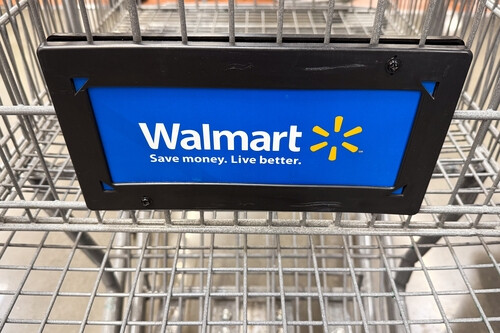
As the US's reciprocal tariffs against the world took effect on the 7th, US consumers are now expected to face price increase bills in earnest.
According to the US daily newspaper Washington Post (WP), manufacturers and retailers are expected to begin full-scale price increases soon. The country-specific reciprocal tariffs imposed by President Donald Trump officially took effect on the 7th at 00:01 AM Eastern Time (13:01 PM Korean time).
Until now, companies had postponed price increases by absorbing tariff costs with stockpiled inventory. However, the situation is changing as major US retailers like Costco, Williams Sonoma, and Target are beginning to run out of inventory accumulated at the start of the year.
Justin Wolfers, a professor of public policy and economics at the University of Michigan, said, "The tariffs have changed from a temporary measure to a permanent one, which changes how American businesses respond," adding that price increases will begin the moment companies are certain the tariffs will last.
The WP reported that Walmart, the largest retailer in the US, has already started raising prices on baby products, kitchenware, and toys, and Nike is also increasing the prices of some of its products.
Procter & Gamble (P&G), a consumer goods company that produces Tide detergent, Pampers diapers, and Oral-B toothbrushes, also plans to raise the prices of some products by 2.5% starting this month to offset a tariff burden of $1 billion (about 1.4 trillion won) this year.
The toy industry, which imports more than 75% of its products from China, is directly hit by the tariff increase.
From April to June of this year, toy prices rose by 3.2% compared to the previous year. The WP noted that this significantly exceeds the overall inflation rate (0.4%) during the same period.
According to an analysis of recent prices at the four largest US retailers by Professor Alberto Cavallo of Harvard Business School, the price of Chinese-made products has risen by about 4% since the Trump administration's first tariff imposition this year. He anticipates the increase to reach about 10% by the end of the year.
Although the tariffs have not yet led to an overall surge in prices, uncertainty remains regarding the 100% tariff on semiconductor items and the super-high tariff of 145% imposed on China.
According to the Yale Budget Institute, the average effective tariff rate in the US is 18.6%, the highest level since 1933. The tariff increase is also expected to lead to higher prices, increasing household costs by an average of $2,400 annually.
[Copyright (c) Global Economic Times. All Rights Reserved.]




























